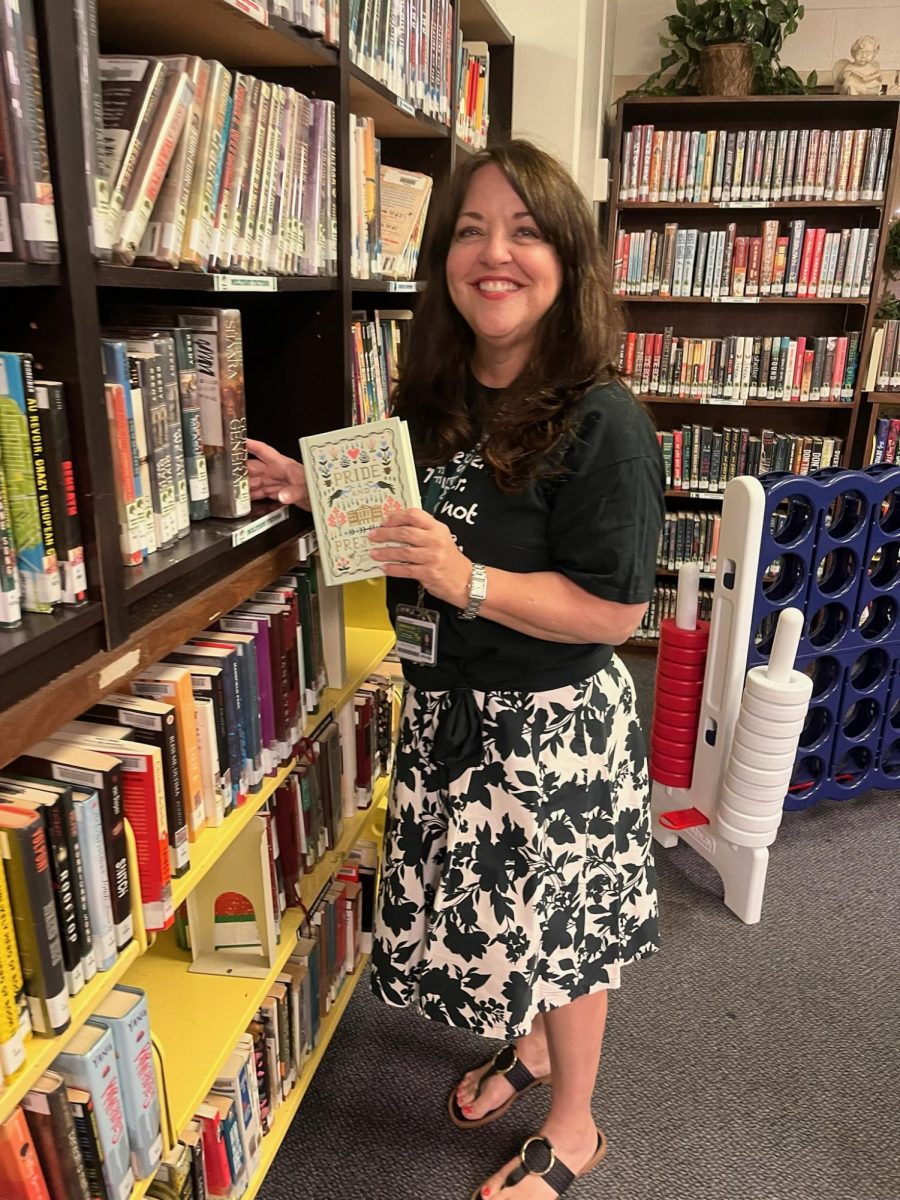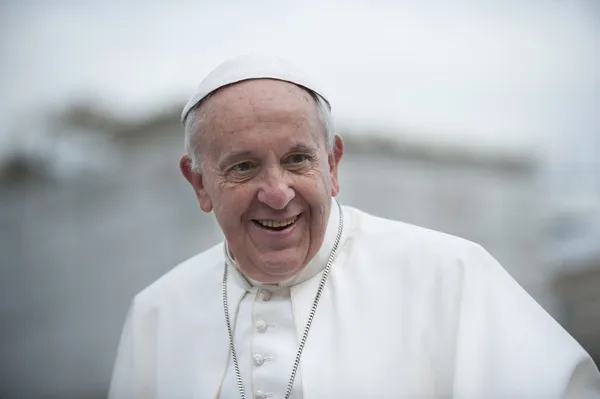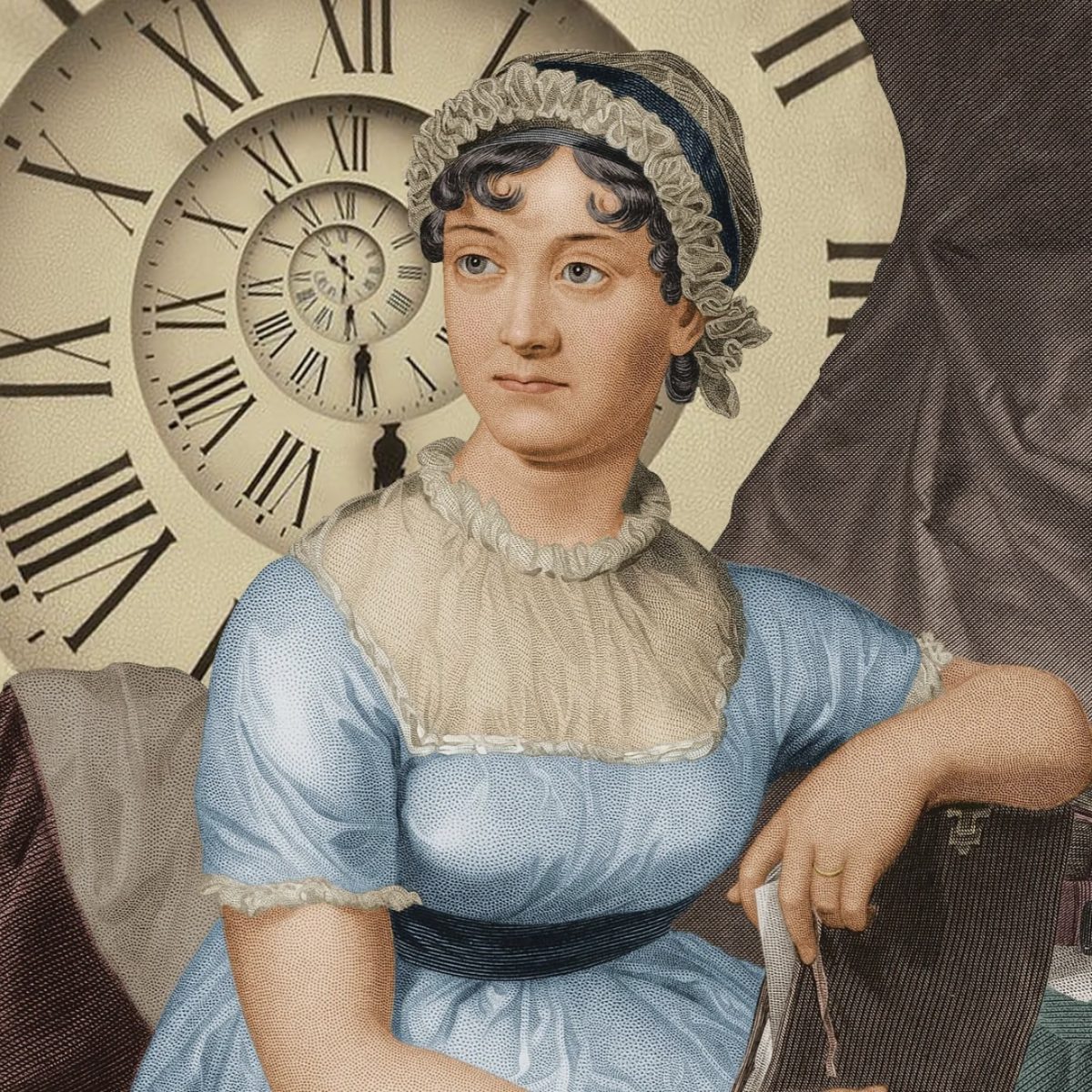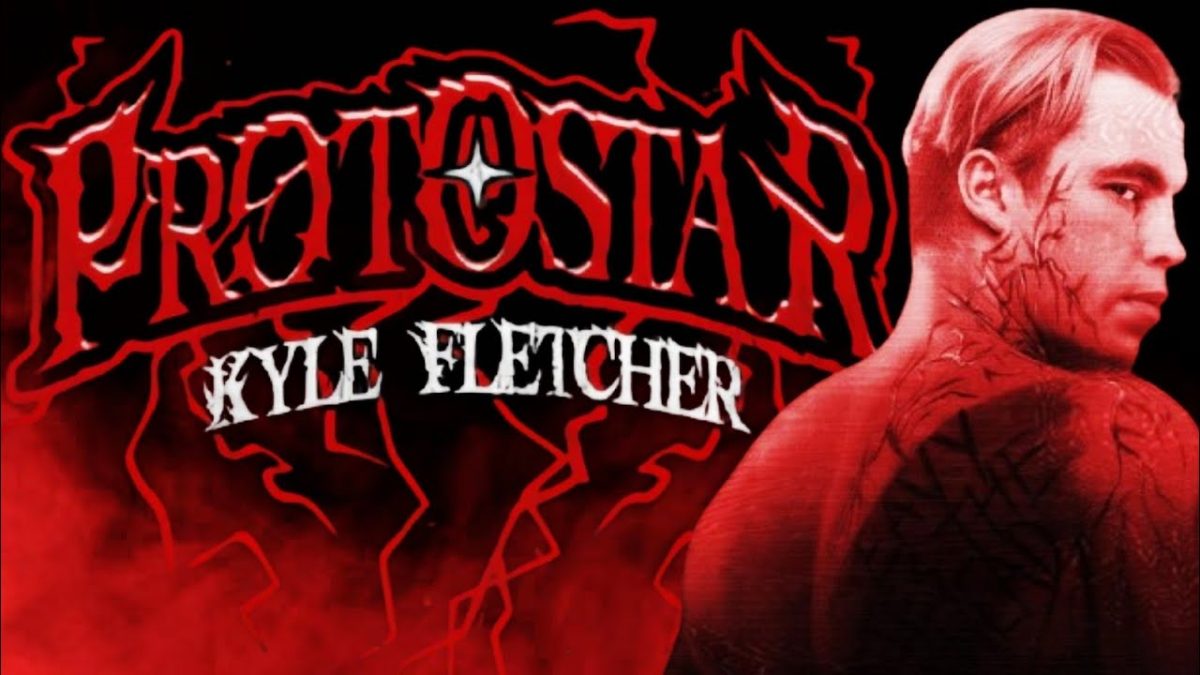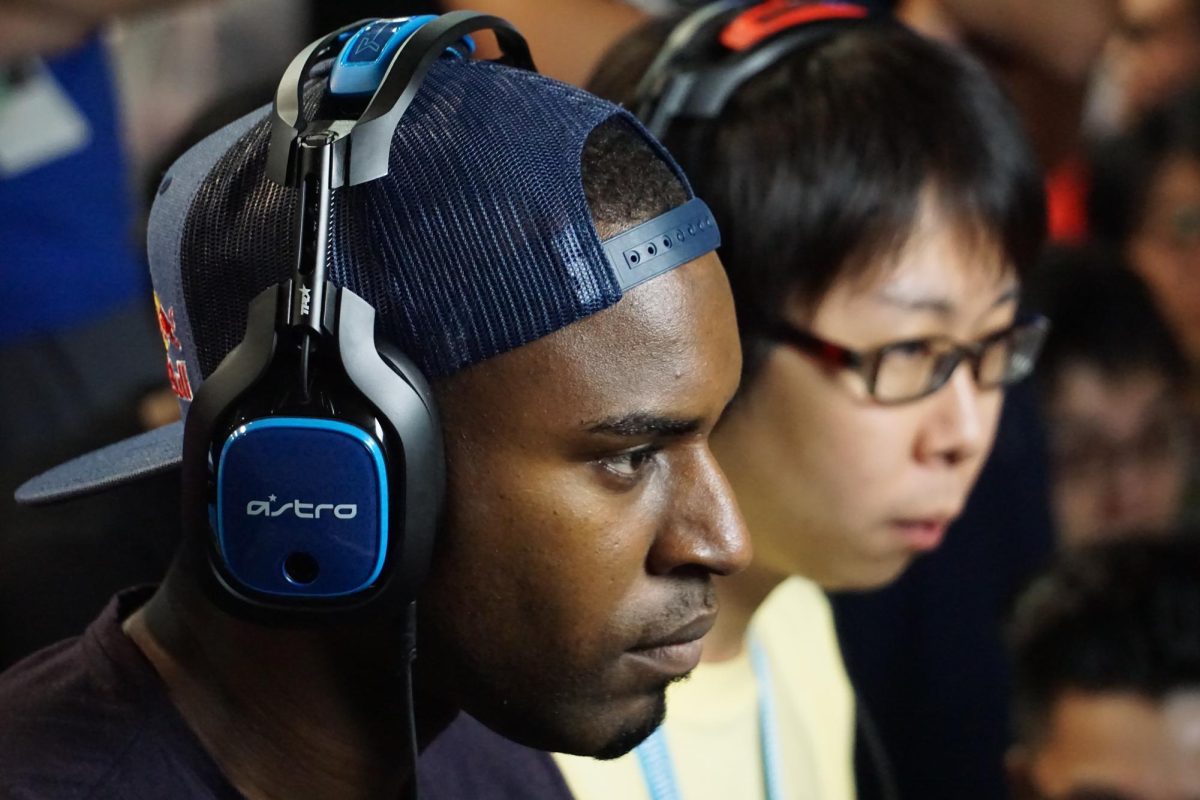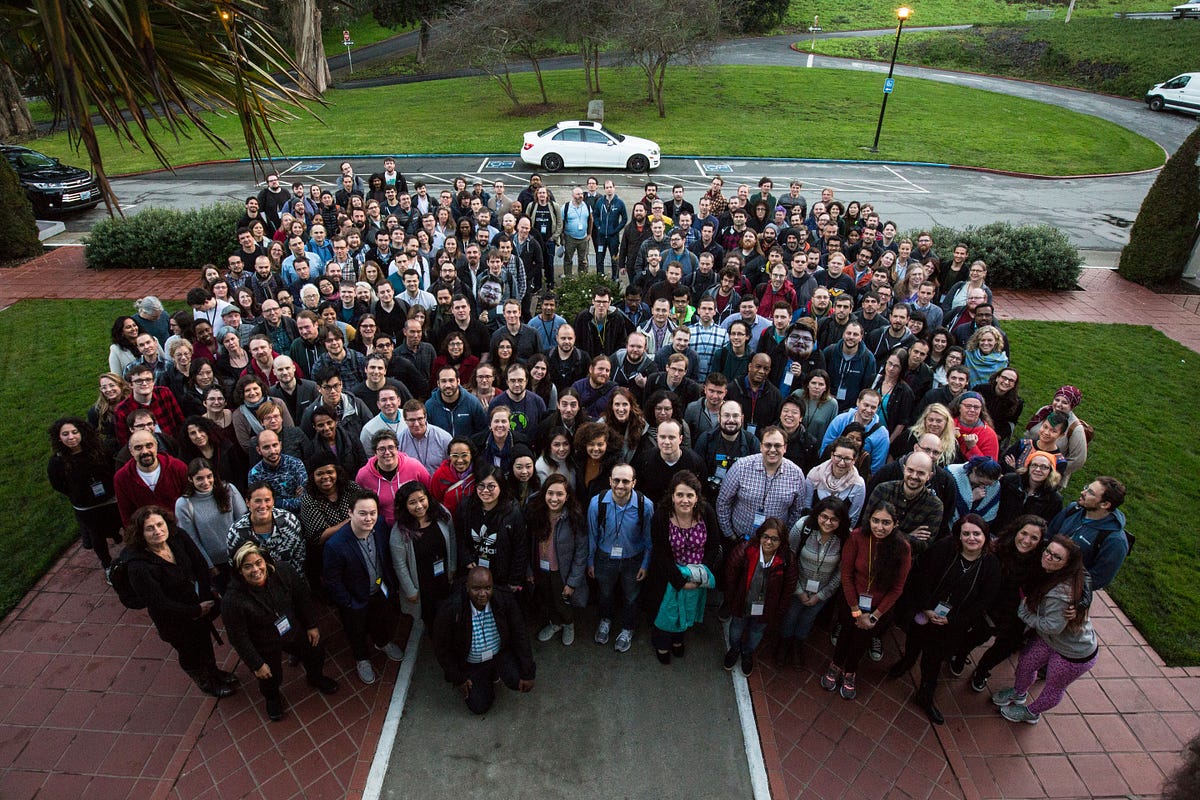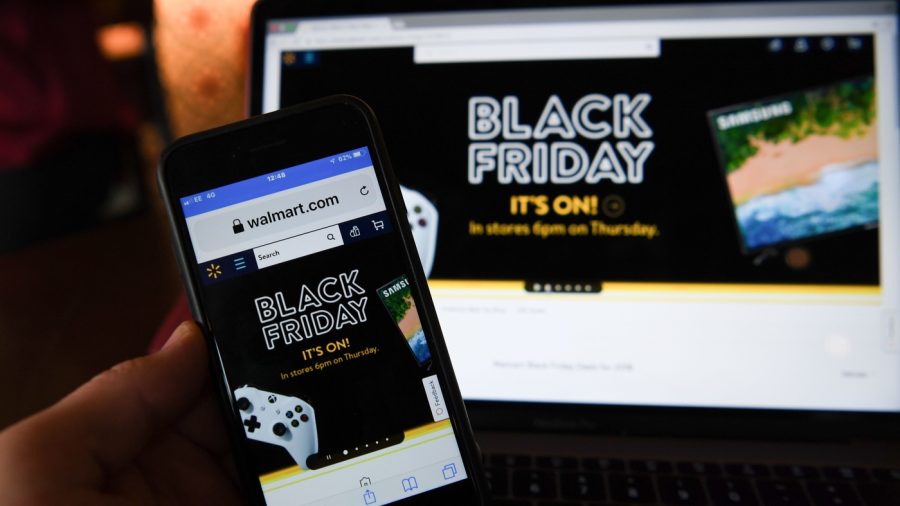Black Friday is Another Victim of COVID-19
Paul Ellis/AFP_via_Getty_Images
Black Friday is a sales offer originating in the U.S. where retailers slash prices on the day after the Thanksgiving holiday. In the UK it is used as a marketing device to entice Christmas shoppers with the discounts at stores and online sometimes lasting for a week.
December 6, 2022
Thanksgiving is a day to be thankful, synonymous with the concepts of family, friends, love and appreciation. The following day is dedicated to retail, defined by shopping malls that are open all night and fights that break out over half-off toasters. Black Friday is the epitome of consumerism – and while its values may coincide with the day prior, it is every bit as American as Thanksgiving itself. For all the chaos and greed that the holiday encourages, it is also filled with a sort of magic. It is a yearly migration; a night and day in which people of all different backgrounds flock to the largest malls in the area with open wallets and a ready-to-spend attitude.
Despite the rise of online shopping and the decline of malls during the course of the past decade, Black Friday has remained an in-store profit goldmine for retailers across the nation. Or it had, until 2020, when the COVID-19 pandemic forced Black Friday to go online.
Of course, the online shopping shift did not happen all at once – Cyber Monday became official in 2005, and since then, many Americans have preferred to skip the insane shoppers and massive lines in favor of ordering products on Amazon. However, the COVID-19 pandemic not only caused a change in method, but more notably, in duration.
In the aftermath, brands have rolled out deals like Walmart’s Black Friday Deals for Days and Target’s assortment of Black Friday sales long before Thanksgiving, extending one day of shopping frenzy into a month of cheaper products.
According to former CEO of Saks Steve Sadove, “We’re seeing a fundamental change in the promotional calendar.” In an interview on CNBC’s Squawk Box, Sadove explained that online channels benefit from earlier and longer sale periods, as they will prevent shipping delays for the inevitable heavy load of products ordered during December for Christmas.
Former Walmart President and CEO Bill Simon added that retailers such as Walmart have attempted to lengthen Black Friday for years, but they didn’t find much success until the pandemic arrived. The lockdown created a year where Americans had no option but to shop online, and retailers seized the opportunity to reinvent Black Friday into Black November, essentially. Instead of 24 hours of free reign and terror throughout the country’s stores, retailers transformed their strategies into month-long online sales that reduced the stresses and burdens of Black Friday.
As the holiday has “morphed into a general promotion season,” it has lost “its sense of urgency,” according to Barbara Kahn, a marketing professor at the University of Pennsylvania-Wharton School. Black Friday had previously been a “trigger” for people to go into stores.
As explored by Simon, the shift to online shopping is detrimental to brands. Retailers do not earn the majority of their profits from the Black Friday deals themselves, but instead from the other products customers buy as they roam the aisles of stores – a phenomenon that cannot be transferred to e-commerce sites. By shopping online, consumers have the luxury of “cherry-picking” the best deals, which ultimately harms the companies. It is also important to consider that stores such as Target and Walmart, which have long dominated in-store shopping, fall to second place in the face of the e-commerce giant that is Amazon.
In a larger sense, the changes brought about by the pandemic have destroyed the novelty of Black Friday and replaced it with practicality. For many Americans, shopping through the night and experiencing once-a-year deals is a tradition of its own accord, and the new era of month-long online sales has perhaps ruined the magic of Black Friday for good, marking the exclusively American holiday as yet another victim of the coronavirus pandemic.


